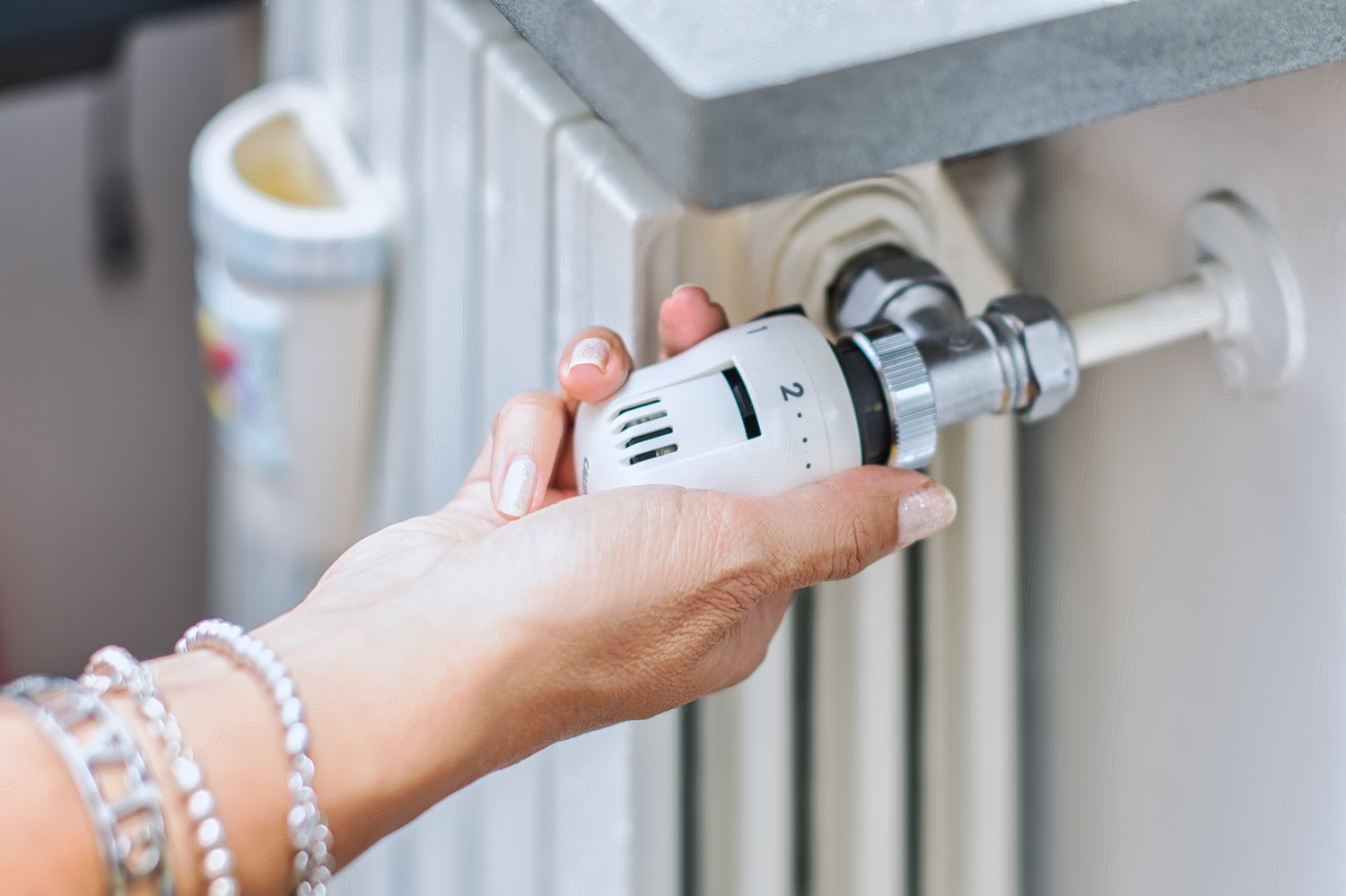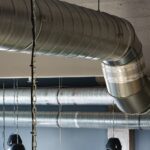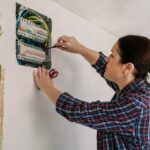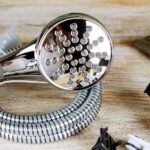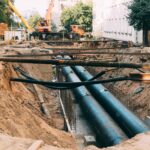Is the cozy warmth of your home interrupted by unsettling knocking sounds from your central heating system? These unexpected noises can be more than just a nuisance; they may signal underlying issues that could affect the efficiency and longevity of your system. Uncover the root causes and clear solutions to these mysteries, ensuring a serene and comfy abode.
- Understand that trapped air in your radiators might be performing a symphony you didn’t sign up for and learn how to silence it effectively.
- Explore how pressure imbalances contribute to those unwelcome knocks and discover strategies to restore harmony.
- Learn techniques that address pipe expansion as the diameter dances, making sure it doesn’t steal the show.
In tackling these issues, you not only reclaim the peace and quiet of your home but also enhance the heating system’s performance. Whether you’re considering professional aid or keen to adopt DIY remedies, the path to a sound-free environment starts here.
Understanding the Causes: Why is My Central Heating Making Knocking Sounds?
Your central heating system is vital for maintaining a comfortable home environment, especially during colder months. However, if you hear knocking sounds emanating from your radiators or pipes, it could indicate underlying issues that require attention. The most common causes include trapped air, uneven water pressure, and pipe expansion.
Trapped Air: One of the primary reasons for knocking sounds is trapped air within the radiator system. When air pockets form, they disrupt the smooth flow of water, leading to various noises, including knocking or banging.
Uneven Water Pressure: Another potential cause could be uneven water pressure. When pressure imbalances occur, the movement of water through the system can be erratic, contributing to strange sounds.
Pipe Expansion: As water heats up and circulates, it can cause pipes to expand and contract. This natural expansion and contraction might lead to knocking or tapping sounds if the pipes are not properly installed or secured. Understanding these causes will enable you to diagnose and address the source of the noise effectively, ensuring that your central heating operates smoothly.
Identifying Air Trapped in Radiators
Air trapped in radiators is a frequent culprit behind disruptive knocking noises in central heating systems. When air enters the system and accumulates in the radiators, it creates blockages that hinder water circulation. This air blockage causes radiators to heat unevenly and generates knocking sounds.
To tackle this issue, bleeding your radiators is essential. Start by turning off your heating system and allow it to cool. Use a radiator key to open the valve at the top of each radiator slowly. You’ll hear a hissing sound as the trapped air escapes. Once water starts to leak from the valve, close it. Repeat this process for all radiators to ensure optimal heating performance.
Regularly venting your radiators not only eliminates knocking sounds but also improves the efficiency of your heating system. It’s a simple yet effective DIY method that leads to a quieter and more comfortable home.
Pressure Imbalances: Why is My Central Heating Making Knocking Sounds? Troubleshooting Radiator Problems
Pressure imbalances within your central heating system are a common culprit behind the unwelcome knocking noises that disrupt your home’s tranquility. These imbalances may arise due to various factors, including uneven water flow and the settings of your boiler system.
Understanding how water pressure affects your radiators is essential for maintaining an efficient heating system. When pressure is too high or too low, it forces the system to work harder than necessary, leading to noise creation as the water flows through pipes and radiators unevenly. This can ultimately result in inefficient heating and potential damage over time.
Fortunately, there are strategies you can adopt to address these pressure imbalances. Checking your boiler’s pressure gauge is a practical first step. Ideally, the reading should be between 1 and 2 bars. If the pressure is outside this range, adjusting the boiler’s filling loop can help. It’s a matter of opening the valves slightly to add or release water, achieving the recommended pressure level.
In addition, regularly bleeding your radiators can help reduce air build-up, which commonly exacerbates pressure issues. By letting trapped air escape, the water can circulate more efficiently, lowering the chances of pressure-related sounds.
Consider inspecting the settings on your boiler as well. Some modern boilers have customizable settings to manage pressure levels more accurately. Reviewing the manufacturer’s guidelines or seeking professional assistance could provide more personalized solutions to fine-tune your system.
Addressing these pressure imbalances can significantly reduce the knocking sounds, allowing your home to enjoy a quieter, more comfortable environment. For persistent issues, engaging a qualified heating engineer is always advisable to ensure safe and efficient system operation.
Central Heating Knocking Sounds – Frequently Asked Questions
What causes knocking sounds in central heating systems?
Knocking sounds are often caused by trapped air, uneven water pressure, or pipe expansion.
How can air in the radiators cause knocking?
Air trapped in radiators prevents water from circulating properly, leading to knocking noises as the system runs.
How do I release trapped air from my radiators?
You can release trapped air by bleeding the radiators with a radiator key to restore efficient performance.
What are the signs of pressure imbalance in my heating system?
Signs of pressure imbalance include uneven heating across radiators and persistent noises.
How can I fix pressure imbalances in my central heating?
Adjust the system’s pressure settings and check for valve issues to stabilize the pressure.

